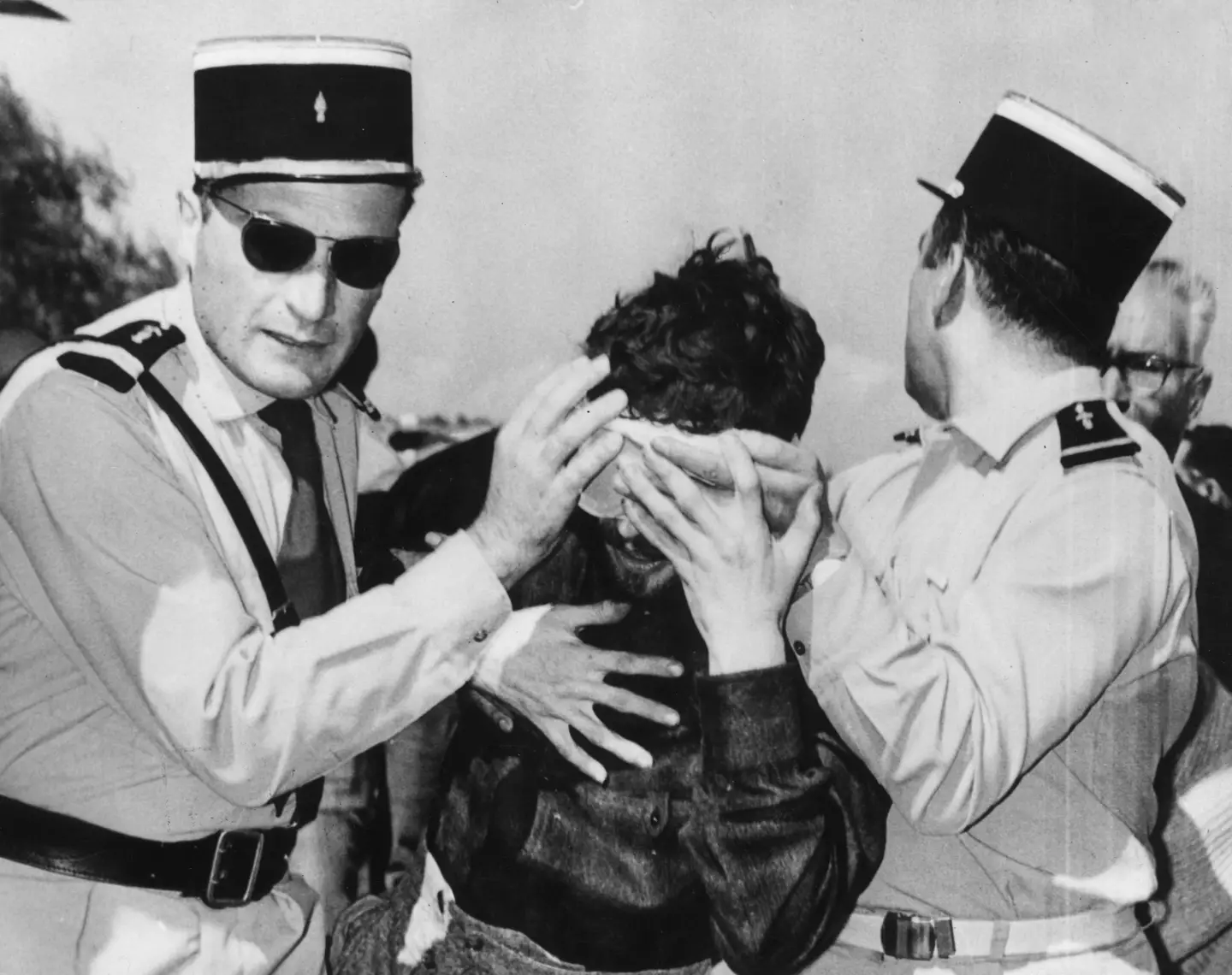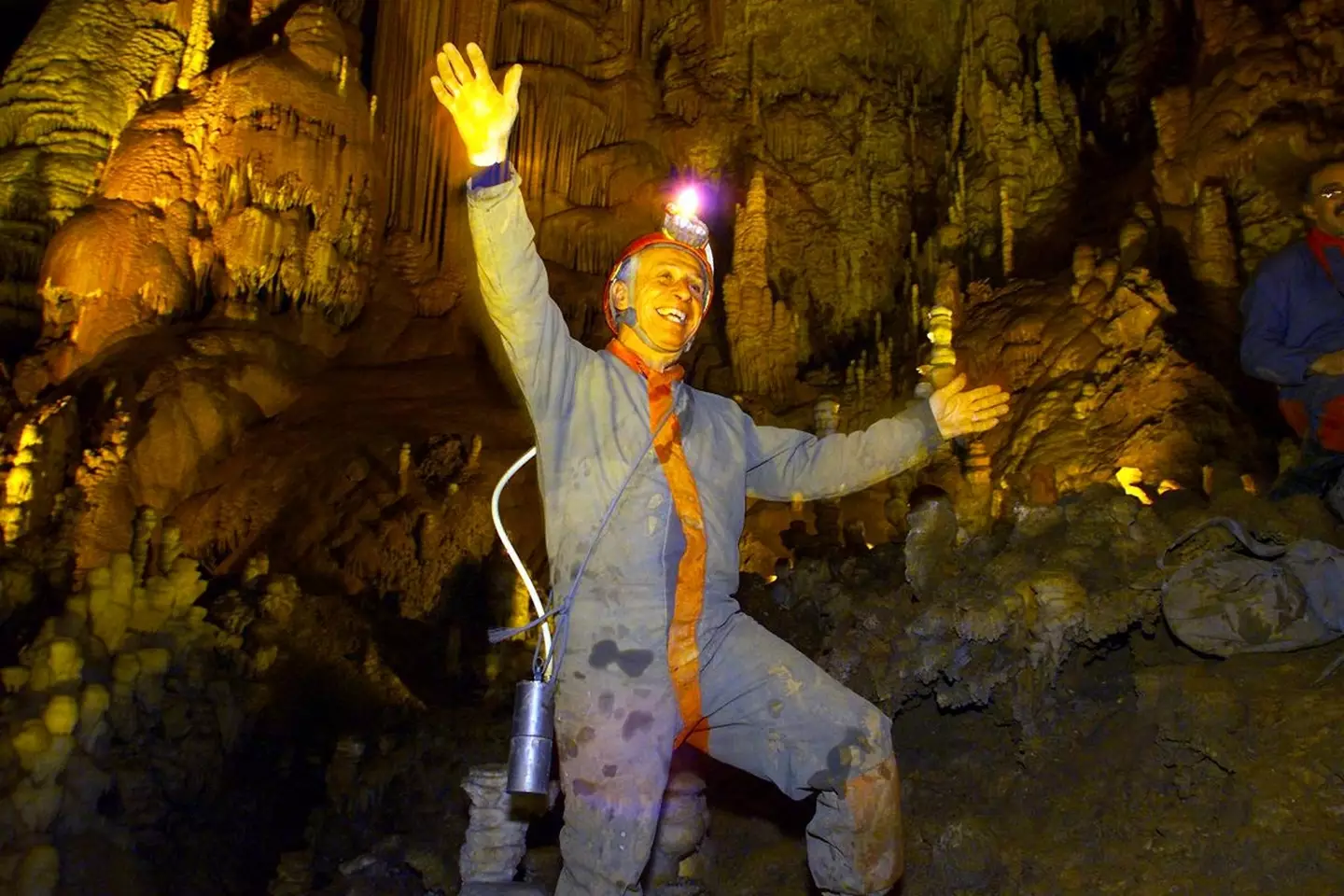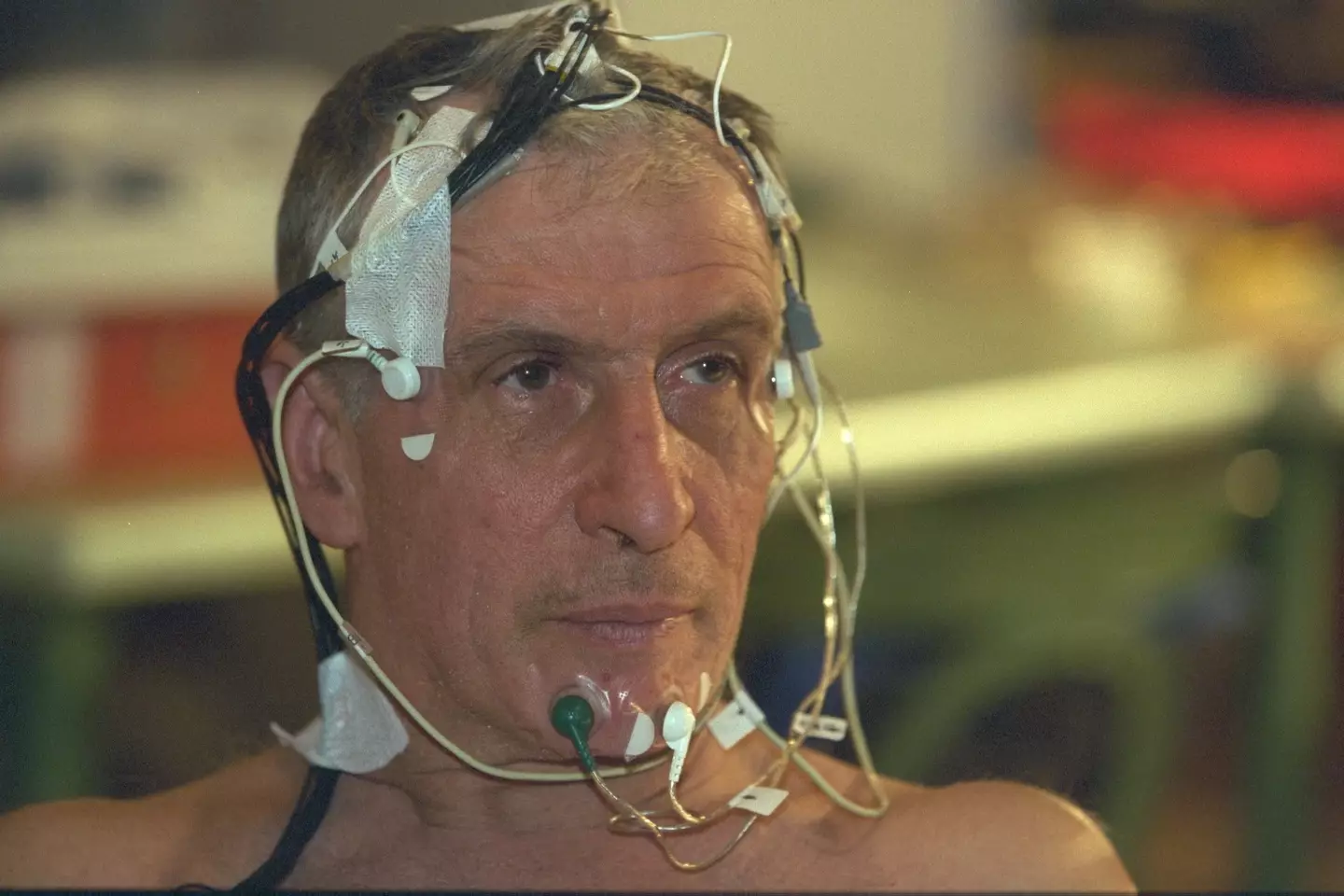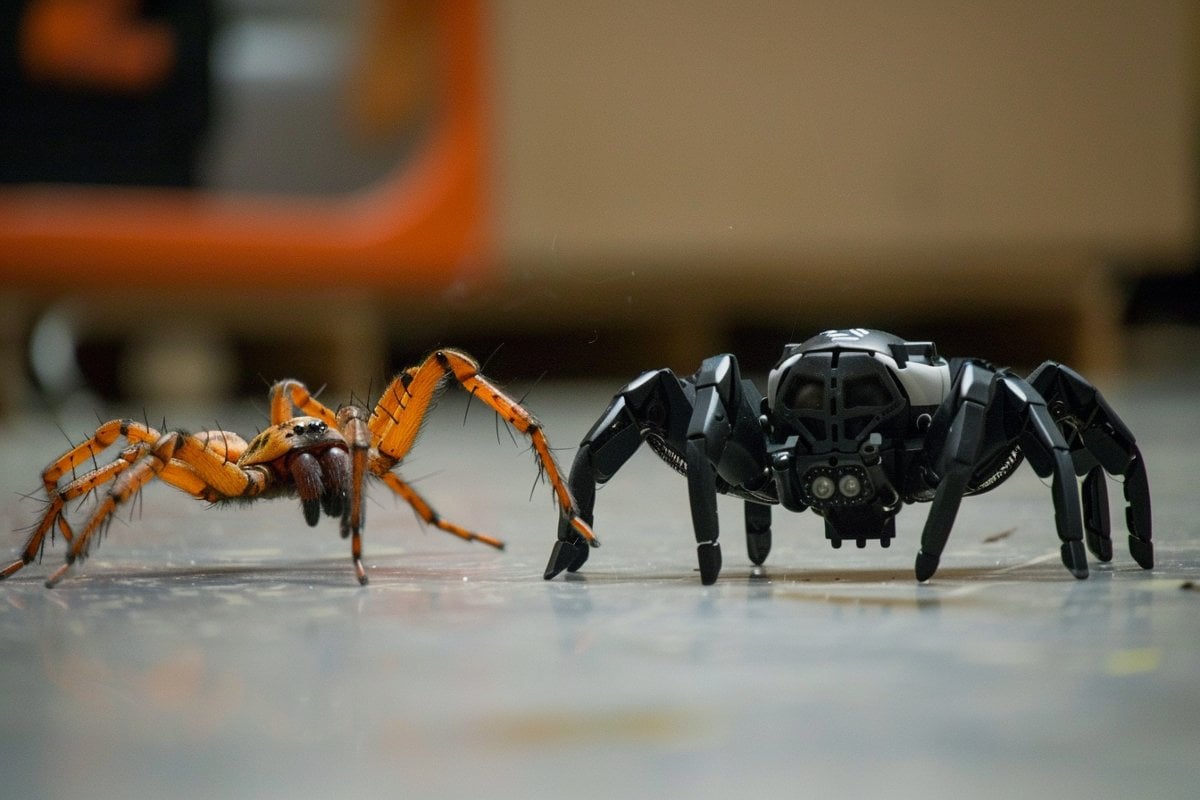A man who lived in a cave with no concept of time ended up with an incredible influence on his body clock
If NASA is taking notes on your crazy experiment, you know you’ve made it in the world of science.
Indeed, Michel Siffre, 85, was able to establish himself among other boffins after conducting ground-breaking investigations into how people experience time when he cut himself off from the rest of the world for two months in 1962.
There’s dedication to a cause, then there’s this guy.
Inspired by the space race, the French explorer, adventurer and scientist took off his wristwatch more than six decades ago and became trapped 130 meters below the surface in the Scarasson Abyss, a mountain in the Ligurian Alps.
Why did Siffre do this
Armed only with a torch, the then 23-year-old set up camp as best he could next to a glacier in an attempt to discover how the absence of external cues that remind us of night and day can affect biological rhythms.
With a particular interest in how the lack of light would affect him, Siffre only slept and ate when his body told him to, rather than following the strict timing that the rest of the world follows because society says so.
The now 85-year-old man lived completely alone under the surface for an incredible 63 days in the name of science – and emerged, albeit with terrible sensitivity to daylight, a winner.

Michel Siffre emerging from the cave after two months in 1962. (Keystone/Getty Images)
That’s because when Siffre became something of a caveman, he made a series of incredible discoveries about how people respond to living with zero information about time—no clocks, calendars, or sunshine to remind him.
He discovered that our bodies have their own clocks, which is now known as chronobiology.
All this at the age of 23 – a stage in our lives that most people reserve for binge drinking and one night stands.
What it was like to live without time
Speaking about his landmark expedition, Siffre told Cabinet Magazine in 2008: “This idea came to me – this idea that became the idea of my life. I decided to live like an animal, without a watch, in the dark, without knowing the time. .
“You ended up studying time instead of studying caves. Yes, I devised a simple scientific protocol.”
“I stationed the team at the entrance of the cave. I decided to call them when I woke up, after I ate, and just before I went to sleep. My team had no right to call me so that I would have no idea what time it was outside.
“Without knowing it, I created the field of human chronobiology.
Despite having “poor equipment,” only a “small camp” to live in, and battling sub-freezing temperatures and extremely high humidity, Siffre managed to keep his head in the game – or so he thought.
The scientist says he spent the two months “reading, writing and researching” in the cave, often dreaming about his future.

A scientist has explained the groundbreaking discovery he made during his first underground expedition. (PHILIPPE DESMAZES/AFP via Getty Images)
Effects
He explained that he monitored himself by performing two tests every time he called his team on the surface, taking his heart rate and performing his own “psychological test”.
Siffre explained: “I had to count from 1 to 120 at the rate of one digit per second. With this test we made a great discovery: it took me five minutes to count to 120. In other words, psychologically I experienced five real minutes as if they were two .”
Although you might think that this is probably an easy mistake to make after living in a cave for two months, it was actually an extraordinary discovery about the effect of living without temporal stimuli.
Siffre was basically experiencing everything twice as slow as it actually was – so if all of you who wish for “time to slow down” really want to experience it, it sounds like you just need to move into a cave for a few months.
The Frenchman only came to this stark realization when his colleagues informed him that the day had finally arrived for him to complete the experiment – quite a shock as he had believed he had a whole month left.
“My psych time is doubled,” Siffre said.

A Frenchman made an incredible return to a cave dwelling for six months in the US in 1972. (Patrick Durand/Sygma via Getty Images)
Siff’s theory
He explained that he had been researching the disconnect between psychological time and actual clocks for forty years and had come up with his own theory as to why this happened to him.
Siffre continued, “I believe that when you’re surrounded by night—the cave was completely dark with only a light bulb—your memory doesn’t capture time.
“You forget. After a day or two, you don’t remember what you did a day or two before. The only thing that changes is when you wake up and when you go to sleep. Other than that, it’s all black. like one long day.”
But even after all that, a 63-day streak hidden in a cave wasn’t enough for Siffre, and he decided to head back into the darkness ten years later, but this time for a six-month stint in a cave in Texas.
Having organized dozens of other underground time isolation experiments in the intervening ten years, the Nice-born adventurer decided to isolate himself for half a year to find out what happened to his internal clock.
Again, he made another incredible discovery because he found that without time cues, humans adapted to a 48-hour cycle rather than the 24-hour one we’re all used to.
NASA used insights from Siffre’s experiments to help astronauts who reported having similar short-term memory problems after being isolated from external time references.
Like I said – he’s a bit of a legend in the scientific world.
Featured image credit: Patrick Durand/Sygma via Getty Images/PHILIPPE DESMAZES/AFP via Getty Images
Topics: Science, Health, Mental Health, Weird, World News


